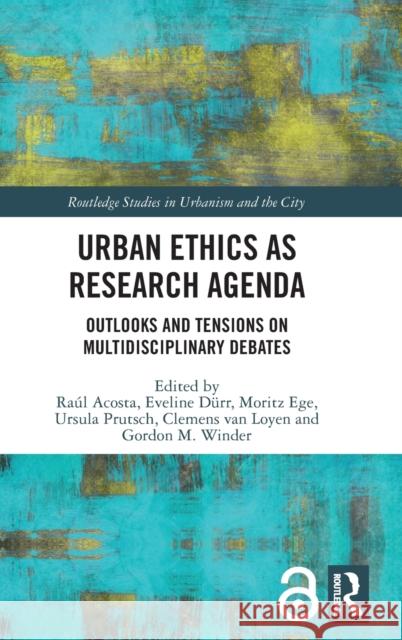Urban Ethics as Research Agenda » książka
topmenu
Urban Ethics as Research Agenda
ISBN-13: 9781032387871 / Twarda / 2023 / 288 str.
Urban Ethics as Research Agenda
ISBN-13: 9781032387871 / Twarda / 2023 / 288 str.
cena 710,17
(netto: 676,35 VAT: 5%)
Najniższa cena z 30 dni: 654,86
(netto: 676,35 VAT: 5%)
Najniższa cena z 30 dni: 654,86
Termin realizacji zamówienia:
ok. 16-18 dni roboczych.
ok. 16-18 dni roboczych.
Darmowa dostawa!
This book provides an outline for a multidisciplinary research agenda into urban ethics and offers insights into the various ways urban ethics can be configured.











